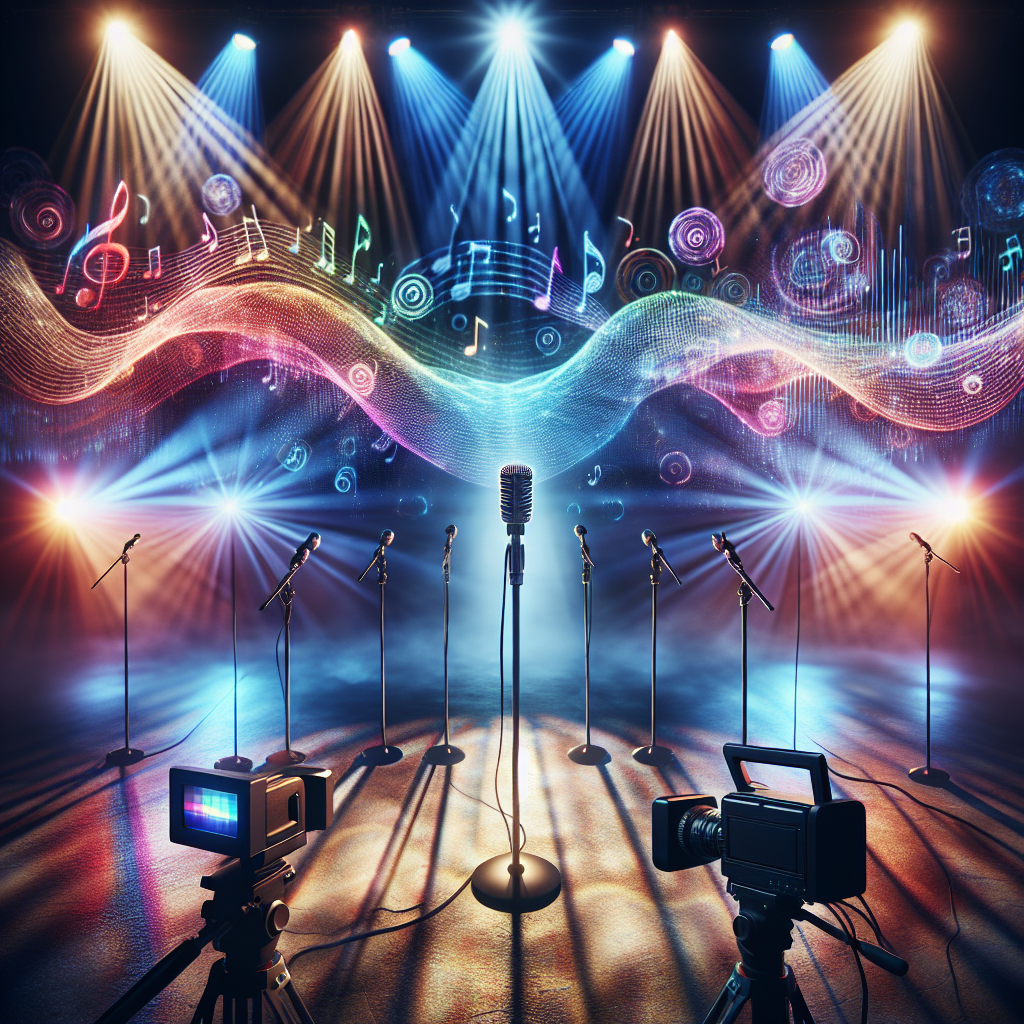The Rise of Reality TV as a Musical Stepping Stone
Over the past two decades, reality TV launchpad for musicians has become a phrase synonymous with the meteoric rise of many artists’ careers. Shows like “American Idol,” “The Voice,” and “America’s Got Talent” have not only dominated television ratings but have also played pivotal roles in shaping the music industry. These platforms have offered musicians unprecedented exposure and the opportunity to showcase their talents to global audiences.
Transforming Unknown Talents into Mainstream Stars
Reality TV shows have effectively democratized the music industry. Before the advent of these shows, breaking into music was an arduous journey involving relentless touring, demo submissions, and often a good dose of luck. Today, reality TV bypasses some of these barriers, offering a direct line to massive audiences and industry contacts. For instance, artists like Kelly Clarkson and Carrie Underwood became household names overnight after winning “American Idol,” leveraging the show’s platform to launch successful music careers.
The Role of Audience Engagement
One of the unique aspects of reality TV launchpad for musicians is the role of the audience. Viewers are not just passive consumers; they actively participate in the success of contestants through voting systems. This audience engagement creates a vested interest in the contestants’ success, helping to build a ready-made fan base by the time they launch their careers officially.
Media Exposure and Brand Partnerships
Beyond just the music, reality TV stars often gain significant media exposure, leading to lucrative brand partnerships and endorsements. This broader visibility can be invaluable for artists in the digital age, where celebrity endorsements can influence market trends. For example, artists like Adam Levine from “The Voice” have secured major deals with companies, boosting their public profiles and creating additional revenue streams.
Impact on Music Production and Artist Development
Reality TV has also influenced how music is produced and marketed. With the instant feedback loop provided by live audiences and social media, producers and managers can refine an artist’s image and sound to better fit the market demands, sometimes even before the artist finishes the competition. This can lead to more polished, market-ready music that resonates with a broad audience right out of the gate.
Challenges and Criticisms
Despite its benefits, the reality TV launchpad for musicians approach is not without criticism. Some argue that it promotes a homogenized version of music and prioritizes marketability over artistic integrity. Additionally, the rapid rise to fame can be a double-edged sword, putting immense pressure on artists and sometimes leading to short-lived careers.
Future Prospects
As the media landscape continues to evolve with the rise of streaming platforms and social media, the impact of reality TV on the music industry is also changing. Shows are adapting by incorporating online voting, social media interactions, and even virtual reality elements to engage viewers. The future of this dynamic will likely see even more integration of digital technology, potentially opening up new avenues for artists to showcase their talents.
In conclusion, reality TV has undeniably shaped the music landscape, transforming unknown talents into pop culture icons. While it presents new opportunities, it also poses challenges that require careful navigation. As the industry continues to evolve, so too will the role of these platforms in developing the next generation of musical talent.


